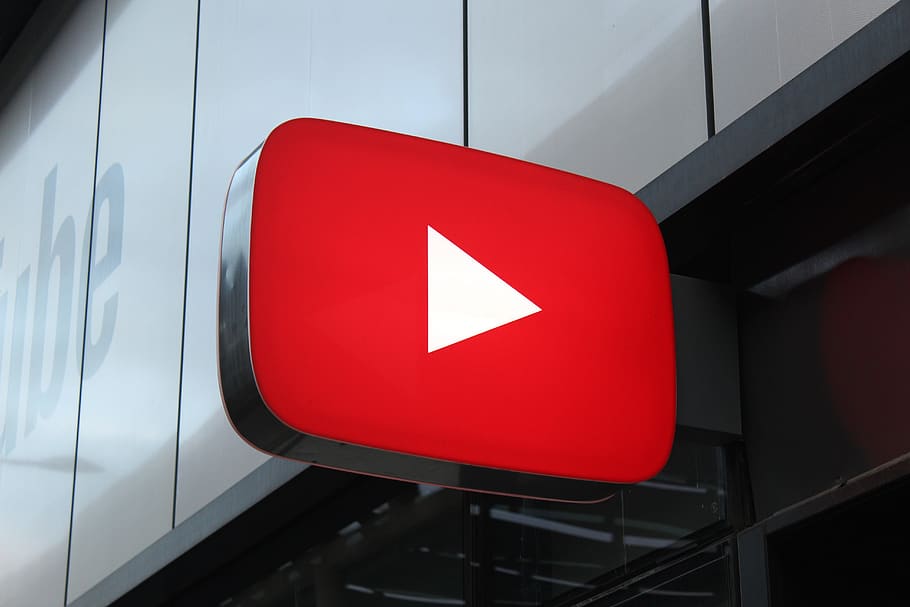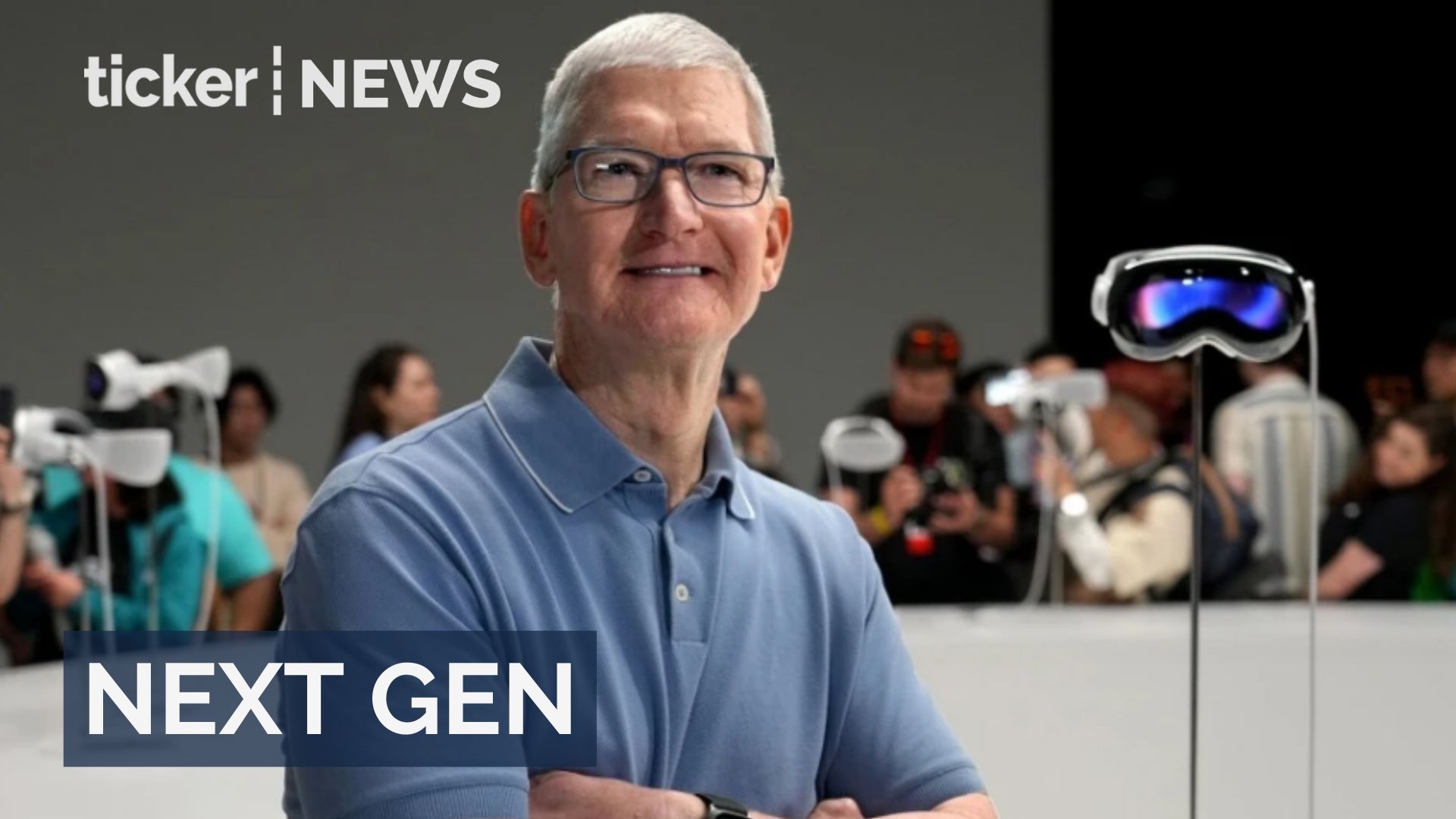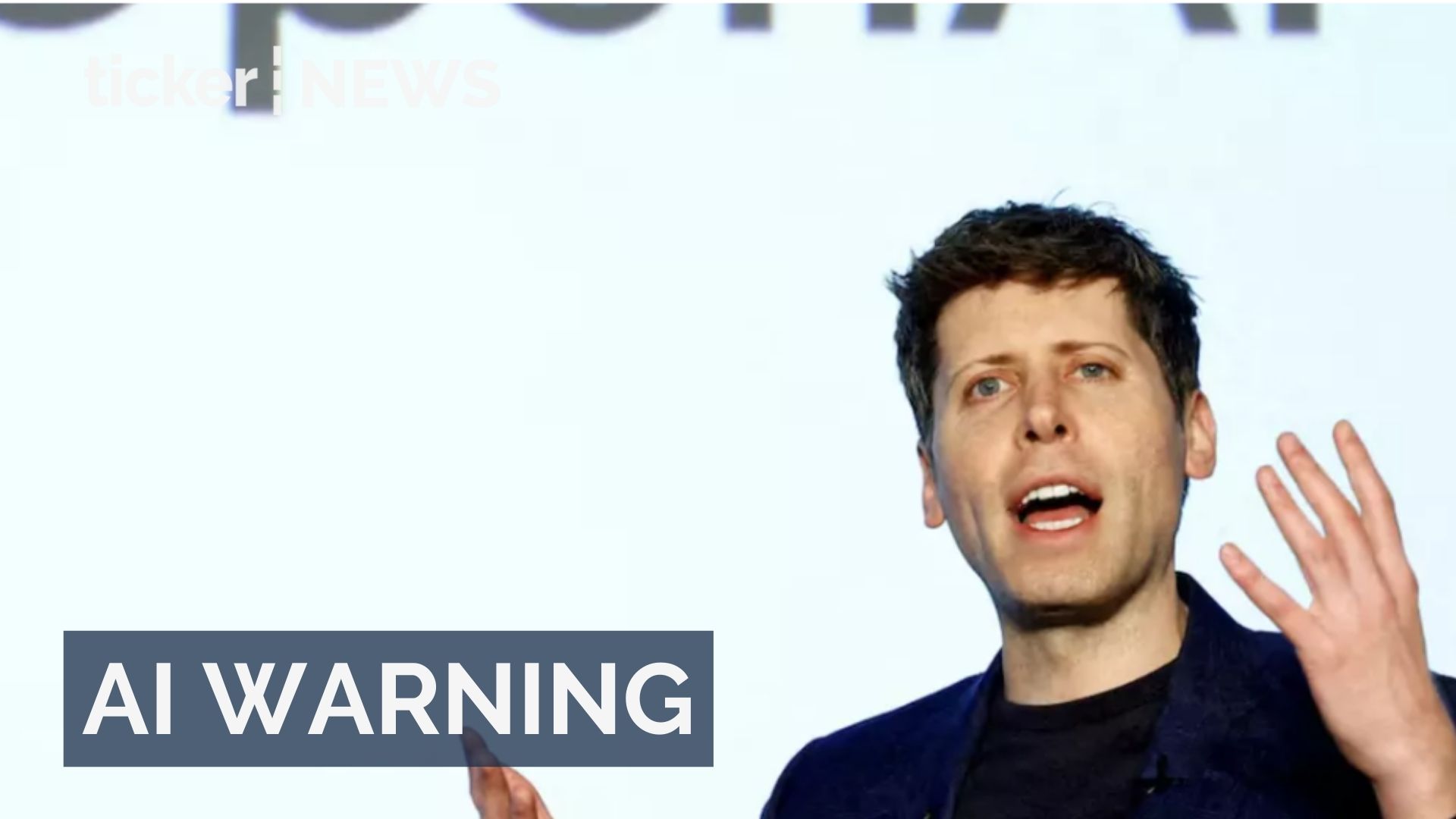Tech
YouTube dumps dislike button in major move by video platform

Tech
Anthropic CEO holds key Pentagon talks on AI ethics and military use
Anthropic CEO to meet Defense Secretary Hegseth on ethical AI deployment and DOD contract discussions.
Tech
Apple’s next AI wearables could change how we use tech
Apple is launching smart glasses, an AI pendant, and camera-equipped AirPods with upgraded Siri by 2027.
Tech
Sam Altman predicts superintelligence could appear by 2028
Sam Altman warns superintelligence may arise by 2028, advocating for global cooperation and a new governing body for AI.
-



 Tech4 days ago
Tech4 days agoSam Altman predicts superintelligence could appear by 2028
-



 News5 days ago
News5 days agoAndrew Mountbatten-Windsor released after 12-hour questioning
-



 Money4 days ago
Money4 days agoOil hits seven-month high, and gold surpasses $5,000 amid US-Iran tensions
-



 Ticker Views4 days ago
Ticker Views4 days agoPrince Andrew arrested: What it means for the Royal Family
-



 News4 days ago
News4 days agoBill Gates withdraws from India AI Impact Summit before keynote
-



 Leaders4 days ago
Leaders4 days agoYoung author Maya Ahmed publishes debut novel at 13
-



 News1 day ago
News1 day agoIran signals nuclear concessions as U.S. talks intensify
-



 Money4 days ago
Money4 days agoUS dollar strength hits NZ dollar amid FX market shifts






